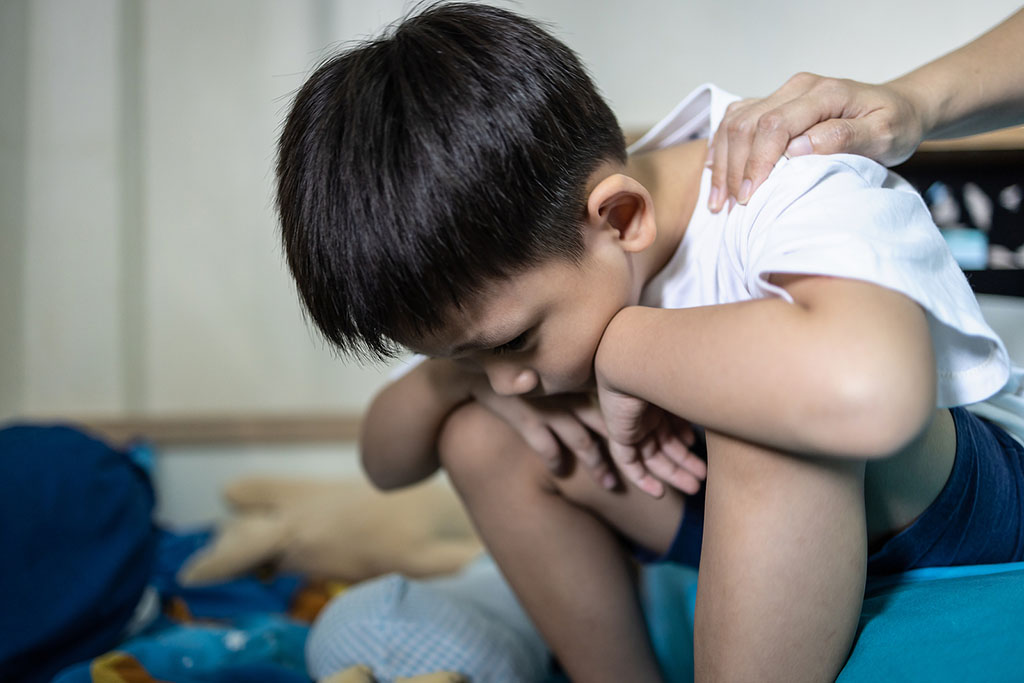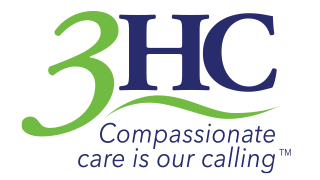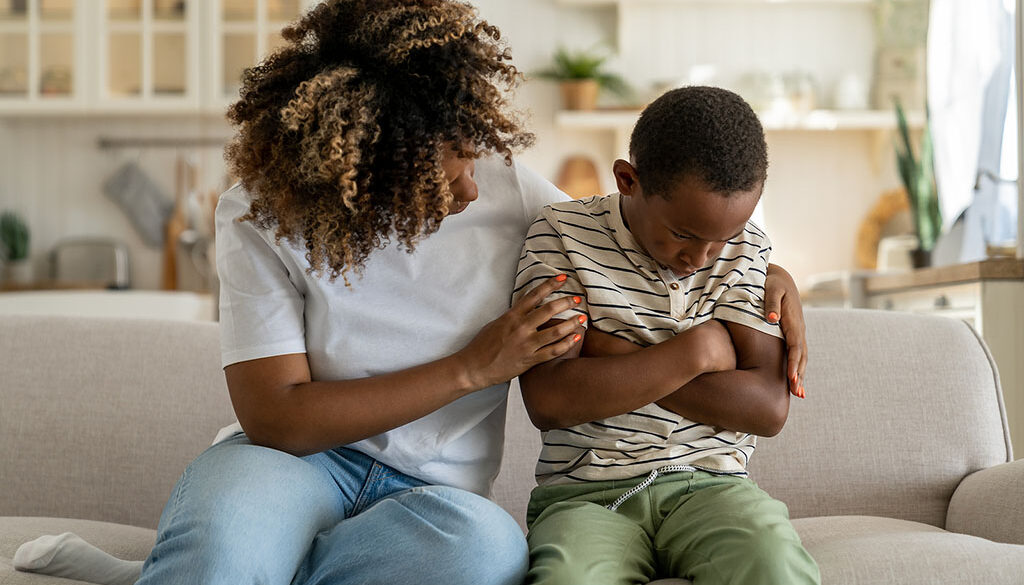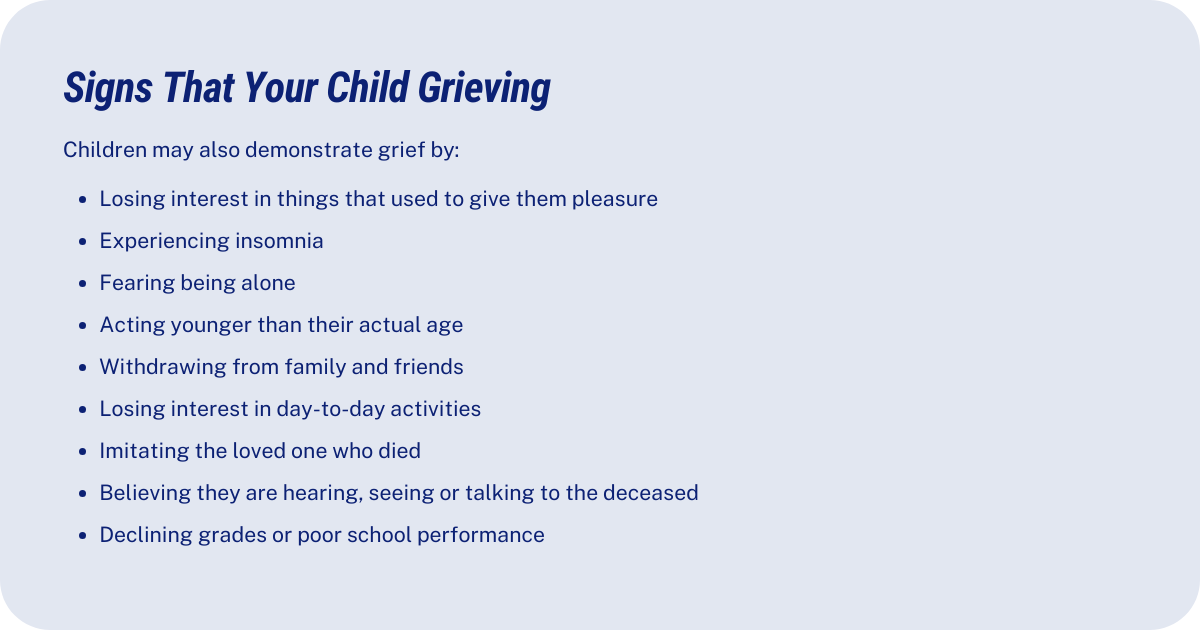How We Help You With Grief Counseling for Kids
Table of Contents:
Grief is a complicated emotion.
It becomes even more challenging to cope with feelings after witnessing a loved one with a life-limiting illness complete their final journey. For adults, this can bring a flood of difficult emotions to process.
But what about children?
Children process grief differently, and grief counseling for kids is a vital component of the services we offer at 3HC. Children are special and dear members of your family—and we consider your family a part of our 3HC family. If you want to know more about how 3HC will be there for you and your loved ones during this difficult time, just contact us to learn more.
We’ll take a closer look at grief counseling for kids, including how children grieve and what you can do to help them through this process.
3HC’s Grief Counseling for Kids: An Important Part of Our Services
We know that losing someone dear to you is a devastating experience. We have a team of dedicated, compassionate employees to help your family through this difficult time. This includes our hospice chaplain.
But we know children have special needs, and one of the ways we help with grief counseling for kids is through our Wings Camp.
Our Wings Camp Offers Help and Hope For Grieving Children
Our decades of experience have shown us that it helps children to interact with other children who are facing the same challenges they are. We also know that it can be difficult for many children to develop the coping skills needed to face such a difficult time in their young lives.
This is why we created our Wings Camp in 2000. This camp is an opportunity for children to gain support from their peers who are also going through the grieving process.
The camp is led by 3HC staffers and counselors who have received specialized training to work with children who have lost loved ones. All volunteers have been rigorously background-checked and have attended several training sessions.

Dates and Locations of Wings Camps 2024
This year’s Wings Camps will be located at:
Wings Camp – Trinity Center
Pine Knoll Shores, NC
August 23-25, 2024
and
Wings Camp – Camp Agape
Fuquay Varina, NC
September 13-15, 2024
How Do I Apply for Wings Camp?
All you have to do is complete this Wings Camp Application
If you’d like to refer a child, please contact:
Edith Keesecker, Bereavement Experience Coordinator
2402 Wayne Memorial Drive
Goldsboro, NC 27534
Office: (919) 735-1387 ext.1510
Cell: (919) 437-8039
ekeesecker@3HC.org
How Can I Help My Child With Children’s Grief Activities?
Sometimes, it helps children process grief by doing certain activities. Some things you may want to try with your child include:
- Reading age-appropriate books about grief
- Writing letters to their loved one
- Creating a memory box
- Writing in a journal
- Creating a scrapbook with pictures of the loved one
- Coloring in a book geared toward grieving children
- Making space for gratitude–being thankful for the good memories of the loved one
- Creating a family story tree where you can both write about the loved one
How Do Children Show Grief?
Don’t expect your child to grieve in the same way adults grieve–this is vital to understand when seeking grief counseling for kids.
Children experience and demonstrate grief in different ways—and just like “grown-ups,” the grief experience is different for each one. However, unlike adults, they often don’t have the words or life experience to describe their emotions or express their feelings.
Some children may “act out” in their grief, which can be mistaken for behavioral problems. Still, others may try to distract themselves with everyday activities. However, children do maintain a continued bond with their deceased loved ones.
Psychologist Mary Lamia, PhD, wrote in an article for Psychology Today that children may also demonstrate “seeking behaviors,” where they are looking for something that has to be found. This could take the form of believing they “see” their loved one walking in the distance or in dreams. Sometimes this response is the child’s way of trying to reunite with their loved one.
She added that even if the child is too young to have extensive memories of doing things with their loved one, the child does remember the nurturing feeling of being with them, and they carry those feelings and emotions with them throughout life.
Our grief counselors have extensive experience in helping all members of your family–and that includes your child or teen. We know that caring for our patients is not limited to their transitional journey. It carries beyond to help those who held them dear.
For more information about mental health services in your community, visit this site for national mental health services.
How To Help Children With Grief
You may feel helpless. You want to help your child process their emotions, but they may not have the maturity to reach out and express their feelings.
Therefore, we’ve compiled a short list of ways you can help your child through the grieving process:
- Give your child time and space: Everyone grieves in their own time, and for some, it may take longer than others. Allow your child the time they need.
- Don’t pressure them to answer questions: Of course, you should ask questions, just don’t pressure your child. Doing so can cause additional stress.
- Answer your child’s questions honestly: It’s okay to say “I’m sad,” or “I’m having a hard time.” Pretending everything is OK when it isn’t will not help your child in the long run.
- Continue to celebrate good things: Rewarding your child for good grades or keeping their room clean may not seem to be the most important thing right now, but continuing to celebrate their accomplishments helps show your child that everyday life needs to continue despite grief.
- Introduce them to social activities as they are able: Again, don’t push your child to do something they aren’t ready for, but gradually introduce social activities you’re both comfortable with. This can demonstrate to them that they have relatives and loved ones who support them.
- Manage your own grief: Your child is watching you and how you handle your grief. As we said earlier, they will take their cues from you. Therefore, it’s important that you model appropriate behavior. Your child will learn from your example.
- Get grief counseling for kids: At 3HC, our Wings Camp and grief support services can provide the help and resources your child needs.
At 3HC, Caring For Our Patients Means Caring for the Whole Family
You truly are a member of your family, and we are here with you to celebrate the life of your loved one and help you cope with the challenging emotions you’re experiencing. When we say we care for your whole family, that includes your child who is also struggling with emotions that are difficult for them to manage.
We encourage you to contact us to see what grief counseling services we offer and how we can help your child through activities such as our Wings Camp.
Key Takeaways:
- Children process emotions differently than adults, so it’s important to be familiar with how children express grief.
- Children may not have the vocabulary or the right words to express their feelings in depth, so certain activities may help them process their emotions.
- Remember that your child is watching how you cope with grief and loss and will likely take their cues from you.
- Children will maintain an emotional bond with your loved one who has passed away–even if they are too young to have many memories of them.
- Grief counseling for kids is an important element of our services at 3HC, and it’s imperative to give them the help they need during this difficult time.
- Our Wings Camp gives children the opportunity to interact with their peers who are also grieving in a nurturing and healing environment.






